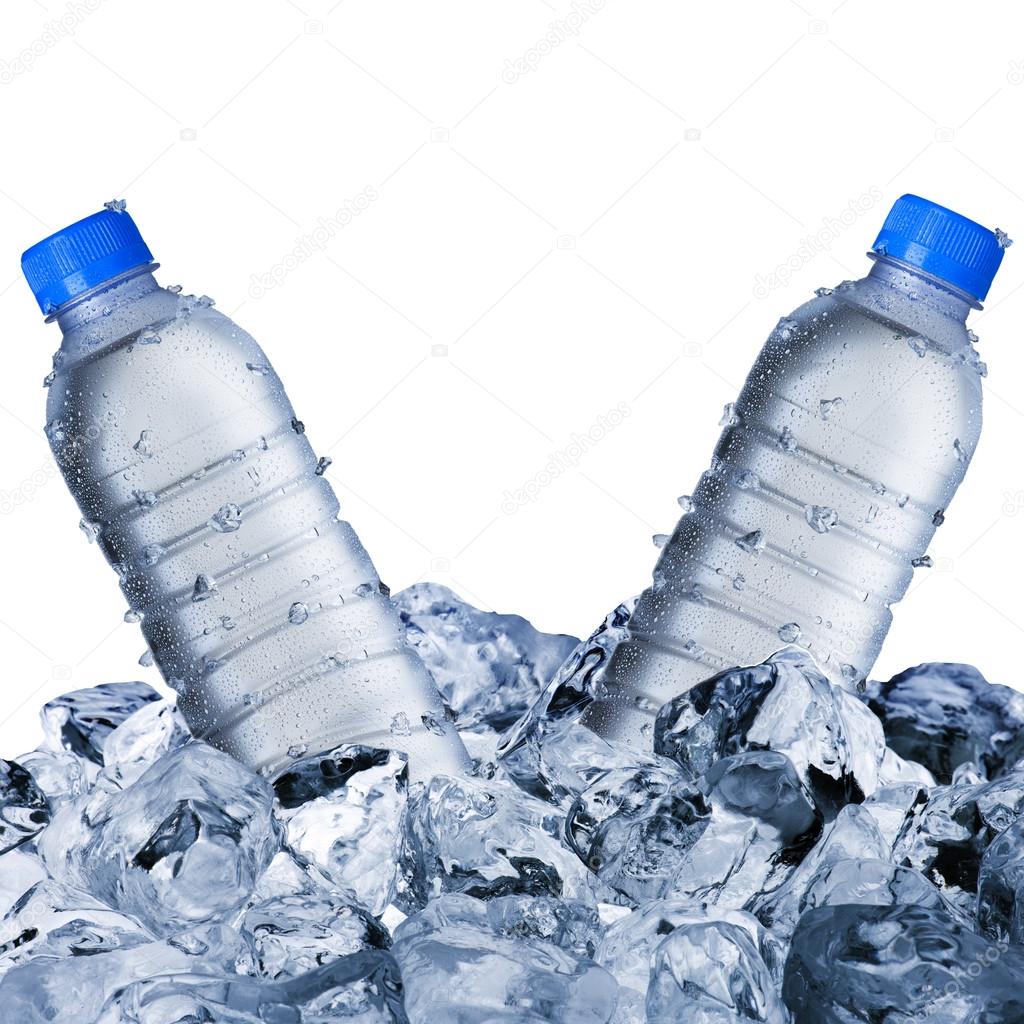5 dangers of drinking cold water

Cold water can be refreshing, especially on a hot day, but science shows there are times when it may not be the best choice.
Here are five possible health concerns, explained in detail, according to Verywellhealth:
1. Slows Mucus Flow and Worsens Congestion
When you have a cold or respiratory infection, your body produces thicker mucus. Research suggests that drinking cold water can make this mucus flow even slower, making you feel more congested.
A 1978 study found that cold water decreased nasal mucus flow, while hot water (and chicken soup) increased it.
When you’re sick, warm water, tea, or broth may help relieve symptoms faster.
2. Can Trigger Headaches or Migraines
Cold water has been linked to headaches in some people, especially those prone to migraines. In one study, 7.6% of women developed headaches after drinking ice-cold water. Participants with a history of migraines were twice as likely to experience pain. If you notice headaches after drinking cold water, try room-temperature water instead to see if it helps.
3. May Slow Digestion and Reduce Appetite
Some studies suggest cold water can slightly slow gastric motility (the movement of food through your stomach) and make you eat less. In a small experiment, participants who drank cold water ate 19–26% less food compared to those who drank warm or hot water. This might sound good for weight loss, but for people who need enough calories (children, elderly, sick patients), warm water might be a better choice.
4. Can Worsen Swallowing Problems
People with achalasia — a rare disorder where the lower esophageal sphincter doesn’t relax properly — may find cold water makes symptoms worse. Research shows cold water can trigger esophageal spasms, while warm or hot water helps relax the muscles and improve swallowing. If you struggle with swallowing, warm water might ease discomfort.
5. Causes a Temporary Blood Pressure Spike
Drinking cold water can activate the body’s pressor response, temporarily raising blood pressure. Older adults, people who are dehydrated, or those with blood pressure problems may experience a more noticeable spike. This can actually help people with low blood pressure (orthostatic hypotension), but those with hypertension may want to be cautious.
The post 5 dangers of drinking cold water appeared first on Vanguard News.







